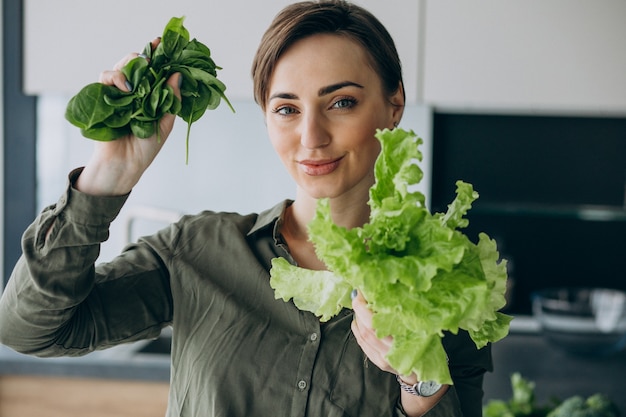
Did you try Veganuary this year? Or are you thinking about embracing a vegan lifestyle or eating more plant-based meals? Dr. Gemma Newman has some great advice for you.
With so many diets out there – low fat, high fat, low carb, high carb, vegan, paleo, keto – it’s easy to feel lost. But do any of them actually work, and which one is the best?
Veganuary has been gaining momentum. In 2018, 170,000 people joined, marking a 183% increase from 2017. Last year, even more people got on board, with over 250,000 participants. This year, the numbers have likely risen again.
But is a vegan diet actually healthy? What sets it apart from other diets that claim to be beneficial?
There’s been a lot of confusion about nutrition due to media, food companies, and even health professionals. However, the advantages of eating lots of vegetables and fruits, focusing on whole, unprocessed foods, and avoiding processed meats, sugary drinks, and refined grains are often agreed upon.
Many people, when uncertain about what’s healthy, may stick to their usual eating habits and go with the saying, “everything in moderation.” But is that really true? We wouldn’t advise smoking in moderation. It’s the same with sugary drinks and processed meats. The World Health Organization (WHO) lists processed meats as a class 1 carcinogen, meaning they can cause cancer. So, even in moderation, processed meats are not good for you.
Fortunately, Dr. David Katz, a founder of the American College of Lifestyle Medicine, gathered top nutrition scientists globally to reach a consensus on healthy eating. They agreed that a diet rich in vegetables, fruits, beans, nuts, seeds, whole grains, and water is key to good health.
When comparing different diets, a paleo diet and a whole food plant-based diet have more in common with each other than with the typical Western diet. Heart health is crucial since heart disease is a leading cause of death. The only diet proven to reverse coronary artery blockages within weeks is a whole food plant-based diet, as shown in studies like the Lifestyle Heart Trial and the Mount Abu Heart Trial.
Switching from a Western diet to a plant-based one can seem daunting. But don’t worry – I’m here to help. Starting a plant-based diet begins with some simple steps. Cookbooks like “So Vegan in 5” by Roxy Pope and Ben Pook offer easy recipes with just five ingredients, while “BOSH!” by Henry Firth & Ian Theasby provides over 80 healthy vegan recipes.
Start your plant-based journey by adapting some of your favorite dishes. Transform a chicken curry into a chickpea curry, beef Bolognese into lentil Bolognese, or a Mexican chili into a three-bean chili. If you love these versions, you’re on the right track.
Begin by opting for a plant-based breakfast a couple of times a week, progressively switching your meals to plant-based options. In time, you’ll have a list of go-to plant-based meals that replace your old habits. A full switch to a whole food plant-based diet usually shows benefits within two to three weeks.
Both the American and British Dietetic Associations agree that well-planned plant-based diets can sustain healthy living for all ages and may help prevent diseases like heart disease and cancer.
A poorly balanced Western diet can lack nutrients like magnesium, folate, and fiber, leading to obesity and chronic diseases. In contrast, a whole food plant-based diet, when well-planned, is nutrient-dense. While adopting this lifestyle, consider supplements like vitamin B12, vitamin D, and omega-3 fatty acids to cover any nutritional gaps, especially when avoiding animal products.
Vitamin B12 is particularly important since it’s not readily available in plant foods. You can take supplements or consume fortified foods. Similarly, for vitamin D and omega-3s, supplements can ensure you’re getting enough, as modern diets often fall short.
Dr. Gemma Newman, with 15 years of experience in medicine, is a trusted voice in understanding the benefits of a plant-based diet. Adopting such a diet could be a powerful step towards a healthier life, particularly in a world where nutrient depletion is a growing concern due to factors like soil degradation.
Whether you’re new to plant-based eating or looking for motivation, starting small and gradually embracing this lifestyle can lead to positive health changes in the long run.




